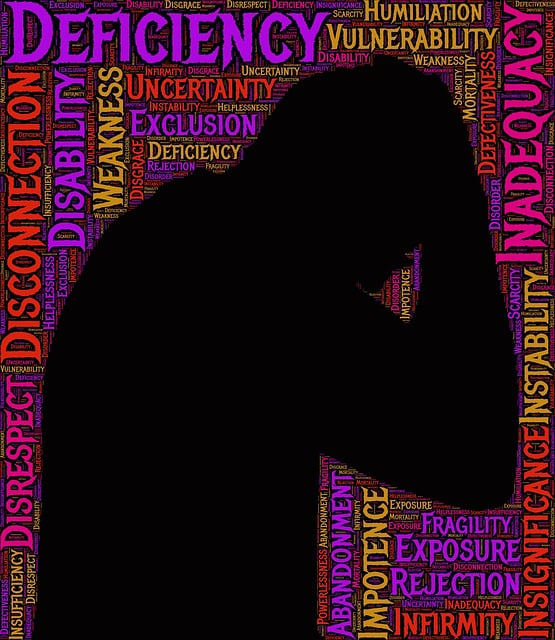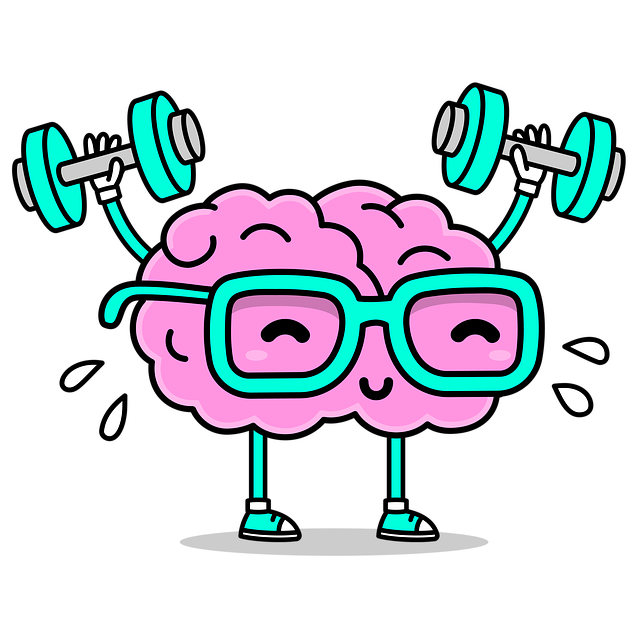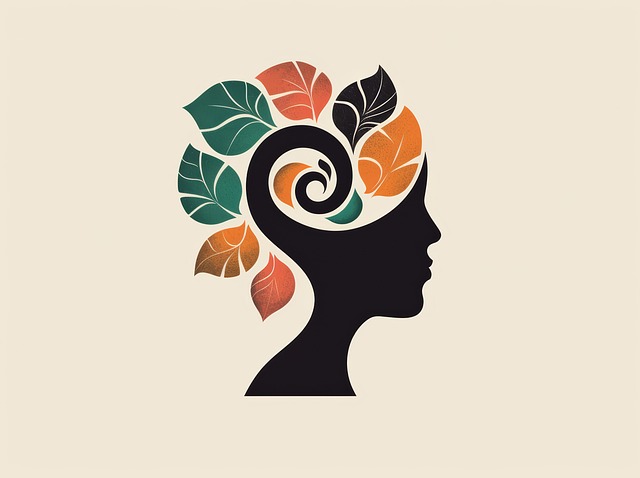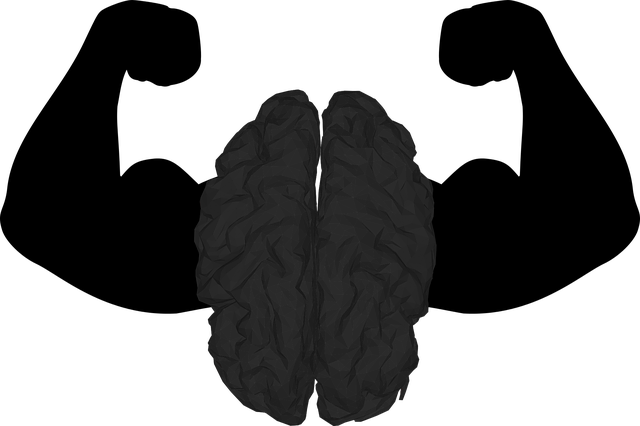In today's fast-paced world, mental wellness is often overlooked, but self-assessment tools like those offered by Castle Rock Alcohol Abuse Therapy empower individuals to take charge. These tools focus on mood management, positive thinking, and stress reduction, helping uncover underlying issues contributing to alcohol abuse. By integrating feedback mechanisms, these assessments provide valuable insights for self-improvement and personalized interventions. Validity, reliability, and ethical practices ensure accurate, consistent, and confidential measurements, fostering better outcomes and holistically empowering individuals to care for their well-being.
In today’s fast-paced world, mental wellness is paramount. This article explores the development of self-assessment tools tailored for Castle Rock Alcohol Abuse Therapy, addressing a growing need for accessible, personalized mental health evaluations. We delve into identifying critical areas of focus, designing effective assessment questions, integrating feedback for personal growth, and ensuring validity, reliability, and ethical considerations in tool creation. By harnessing these principles, we aim to enhance mental wellness outcomes, particularly within the context of Castle Rock Alcohol Abuse Therapy.
- Understanding the Need for Self-Assessment Tools in Mental Health
- Identifying Key Areas of Focus for Castle Rock Alcohol Abuse Therapy
- Designing Effective Assessment Questions and Scales
- Integrating Feedback Mechanisms for Personal Growth
- Ensuring Validity, Reliability, and Ethical Considerations in Development
Understanding the Need for Self-Assessment Tools in Mental Health

In today’s fast-paced world, mental wellness is a crucial aspect of overall health that often goes overlooked or undiagnosed. This is where self-assessment tools play a pivotal role in empowering individuals to take charge of their mental well-being. By providing accessible and user-friendly resources, these tools enable people to regularly monitor their emotional state, identify potential issues early on, and seek appropriate support when needed – all essential components for maintaining good mental health.
The need for effective self-assessment is particularly evident in addressing prevalent concerns like stress management, inner strength development, and depression prevention. Tools such as Castle Rock Alcohol Abuse Therapy’s resources can help individuals recognize signs of distress or addiction and offer guidance on seeking professional assistance. Through regular use, these self-assessment tools foster a deeper understanding of one’s mental landscape, encouraging proactive measures to enhance overall well-being.
Identifying Key Areas of Focus for Castle Rock Alcohol Abuse Therapy

In developing self-assessment tools for mental wellness, particularly focusing on Castle Rock Alcohol Abuse Therapy, understanding key areas that require attention is paramount. These tools should aim to uncover underlying issues contributing to excessive alcohol consumption and related abusive behaviors. Common areas of focus include mood management, where individuals can assess their emotional state and triggers; positive thinking patterns, helping users identify negative thought cycles and replacing them with more adaptive coping strategies; and stress reduction methods, as chronic stress is often a catalyst for substance abuse.
By targeting these specific aspects, self-assessment tools can guide individuals in navigating their mental health journey effectively. They should encourage introspection to recognize personal challenges, offering valuable insights for tailored interventions. This proactive approach, when coupled with professional support, has the potential to revolutionize Castle Rock Alcohol Abuse Therapy, fostering better outcomes and empowering individuals to take control of their well-being through holistic self-care practices that include Mood Management, Positive Thinking, and Stress Reduction Methods.
Designing Effective Assessment Questions and Scales

When developing questions for a mental wellness self-assessment tool, it’s crucial to strike a balance between comprehensiveness and simplicity. Each question should be crafted with precision, aiming to uncover nuances in an individual’s emotional well-being, thought processes, and behaviors. Effective assessment tools often incorporate a mix of scales and open-ended queries. For instance, rating scales for symptoms like anxiety or depression, alongside prompts encouraging users to reflect on their self-care practices, offer a holistic view.
Consider the impact of language too—using clear, non-stigmatizing terms. This ensures individuals feel comfortable sharing personal insights. For example, instead of asking about “mental illness,” questions could focus on emotional regulation strategies, stress management techniques, or the effectiveness of coping mechanisms learned through Castle Rock Alcohol Abuse Therapy programs. Integrating these concepts into assessment scales can provide valuable insights, guiding the development of tailored interventions and personalized recommendations for improvement in mental health education programs design.
Integrating Feedback Mechanisms for Personal Growth

Integrating feedback mechanisms into self-assessment tools is a powerful strategy to foster personal growth and mental wellness. These mechanisms allow individuals to reflect on their emotional states, behaviors, and thought patterns, providing valuable insights for self-improvement. By encouraging users to offer feedback, Castle Rock Alcohol Abuse Therapy can enhance the therapeutic process and empower individuals to take charge of their mental health journey.
For instance, including sections for self-reflection and goal setting within a mental wellness app can help users identify areas of improvement. This could involve prompts related to stress management techniques or emotional intelligence development. Effective risk management planning for mental health professionals can be facilitated by these tools, enabling them to guide clients toward healthier coping mechanisms.
Ensuring Validity, Reliability, and Ethical Considerations in Development

In developing self-assessment tools for mental wellness, ensuring validity, reliability, and ethical considerations is paramount. Validity ensures that the assessment accurately measures what it intends to assess, such as anxiety levels or emotional resilience. Reliability, on the other hand, guarantees consistent results over time, demonstrating that the tool measures the same thing each use. This can be achieved through rigorous testing, including pilot studies and feedback from diverse user groups. Ethical considerations are crucial, especially when dealing with sensitive topics like mental health struggles. Confidentiality, informed consent, and privacy must be protected to build trust with users.
For instance, a tool designed to assess inner strength and empathy building strategies should consider cultural sensitivity and avoid stereotypes or assumptions. Incorporating evidence-based practices and aligning the assessment with established mental health education programs design can enhance its effectiveness. At Castle Rock Alcohol Abuse Therapy, for example, professionals meticulously develop assessments that not only diagnose but also guide personalized treatment plans, highlighting a commitment to both validity and ethical practice in mental wellness self-assessment tools.
The development of mental wellness self-assessment tools, as exemplified by Castle Rock Alcohol Abuse Therapy’s approach, is a vital step towards personalized and effective treatment. By focusing on key areas, designing robust assessment questions, integrating feedback mechanisms, and adhering to strict validity, reliability, and ethical standards, these tools empower individuals to take charge of their mental health. This proactive approach can lead to improved outcomes and enhanced well-being, ultimately fostering a more holistic and accessible mental health support system.














